Telogen Effluvium: Decoding and Addressing this Hair Cycle Disorder
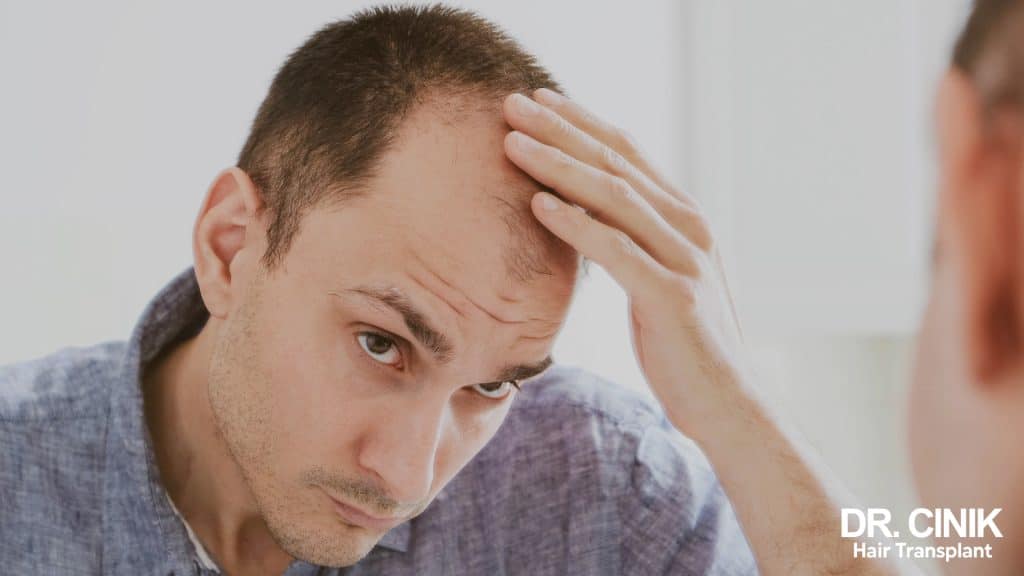
Sommaire
Telogen effluvium is a transient disturbance in the hair growth cycle that can result in hair loss. But what triggers this condition? What symptoms should you be vigilant about? And what treatment options are available to manage it?
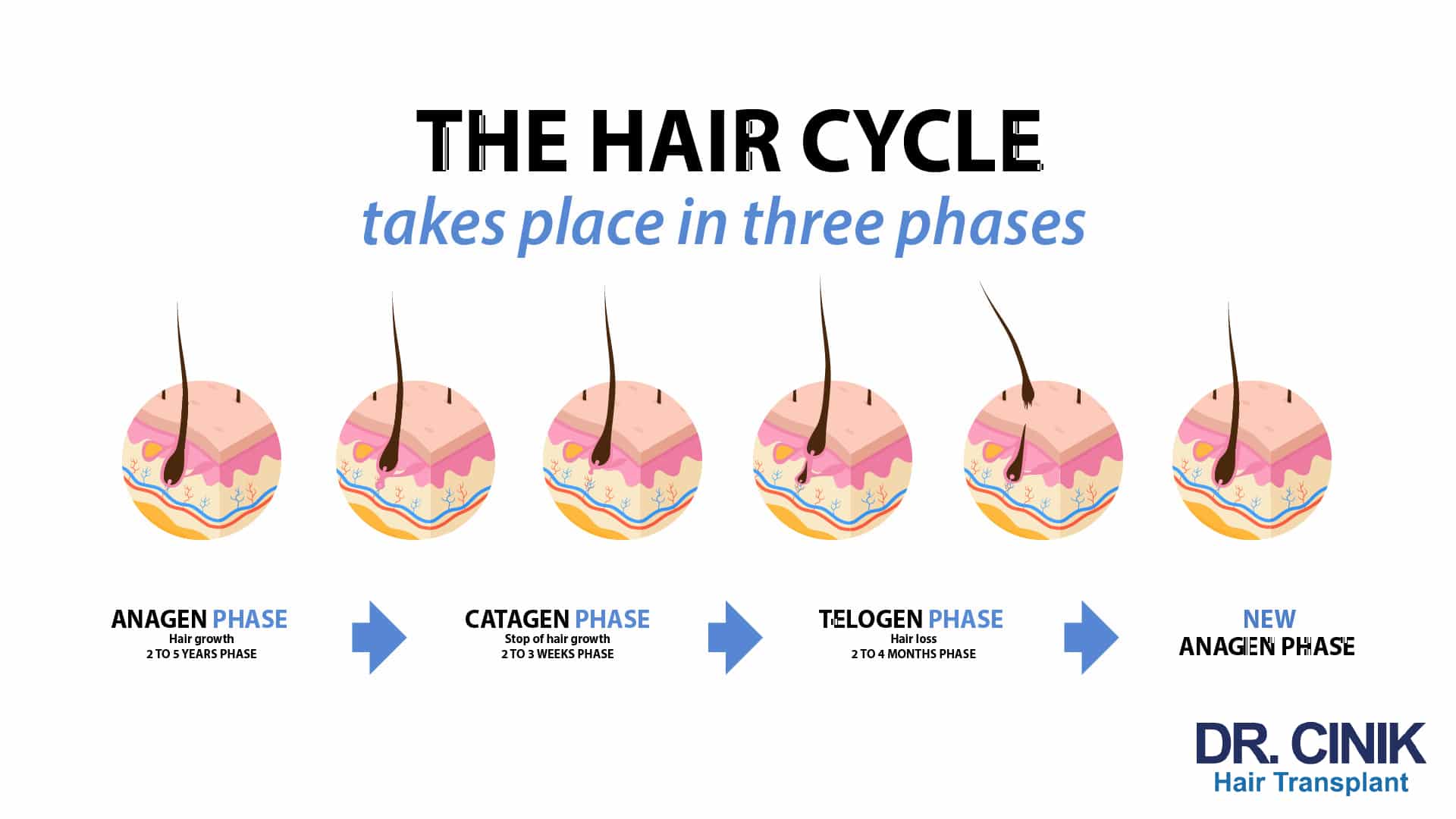
What is telogen effluvium?
Telogen effluvium is a disorder of the hair cycle that is characterised by a premature interruption of the hair growth phase, called the anagen phase, followed by a prolonged resting phase, called the telogen phase. This disturbance leads to temporary hair loss. Hair transplantation is not a suitable treatment for this disorder.
The 5 main causes of telogen effluvium
Different causes can trigger this phenomenon. Here are the five main ones:

1. Physical or emotional stress
Physical or emotional stress caused by traumatic events, serious illness, surgery or childbirth can disrupt the hair cycle.
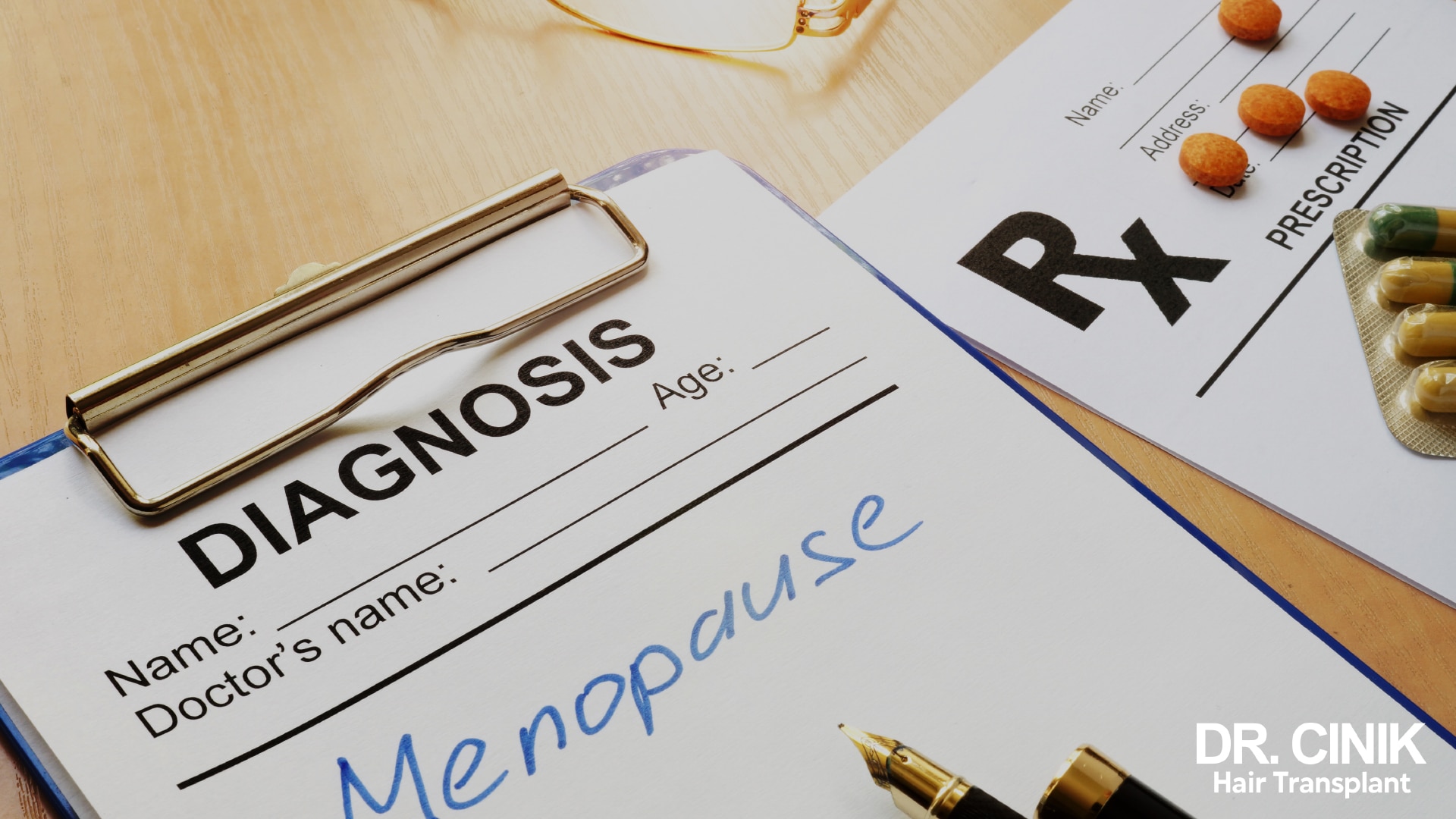
2. Hormonal changes
Hormonal fluctuations due to pregnancy, menopause or health problems such as thyroid disorders can disrupt the hair cycle and lead to temporary hair loss.
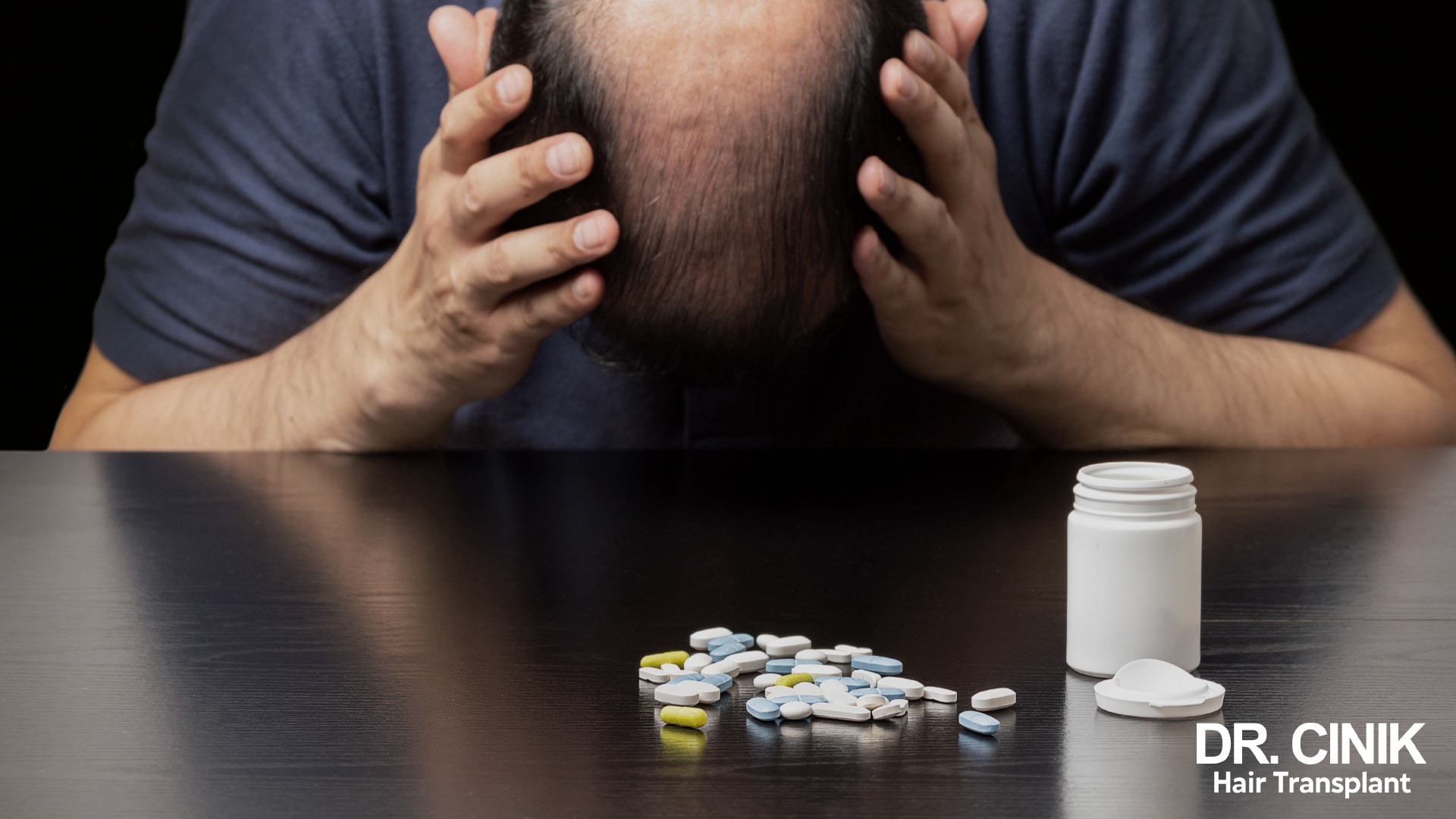
3. 3. Medicines
Some medications, such as anticoagulants, retinoids, beta-blockers and medical treatments such as chemotherapy, can have the side effect of hair loss.
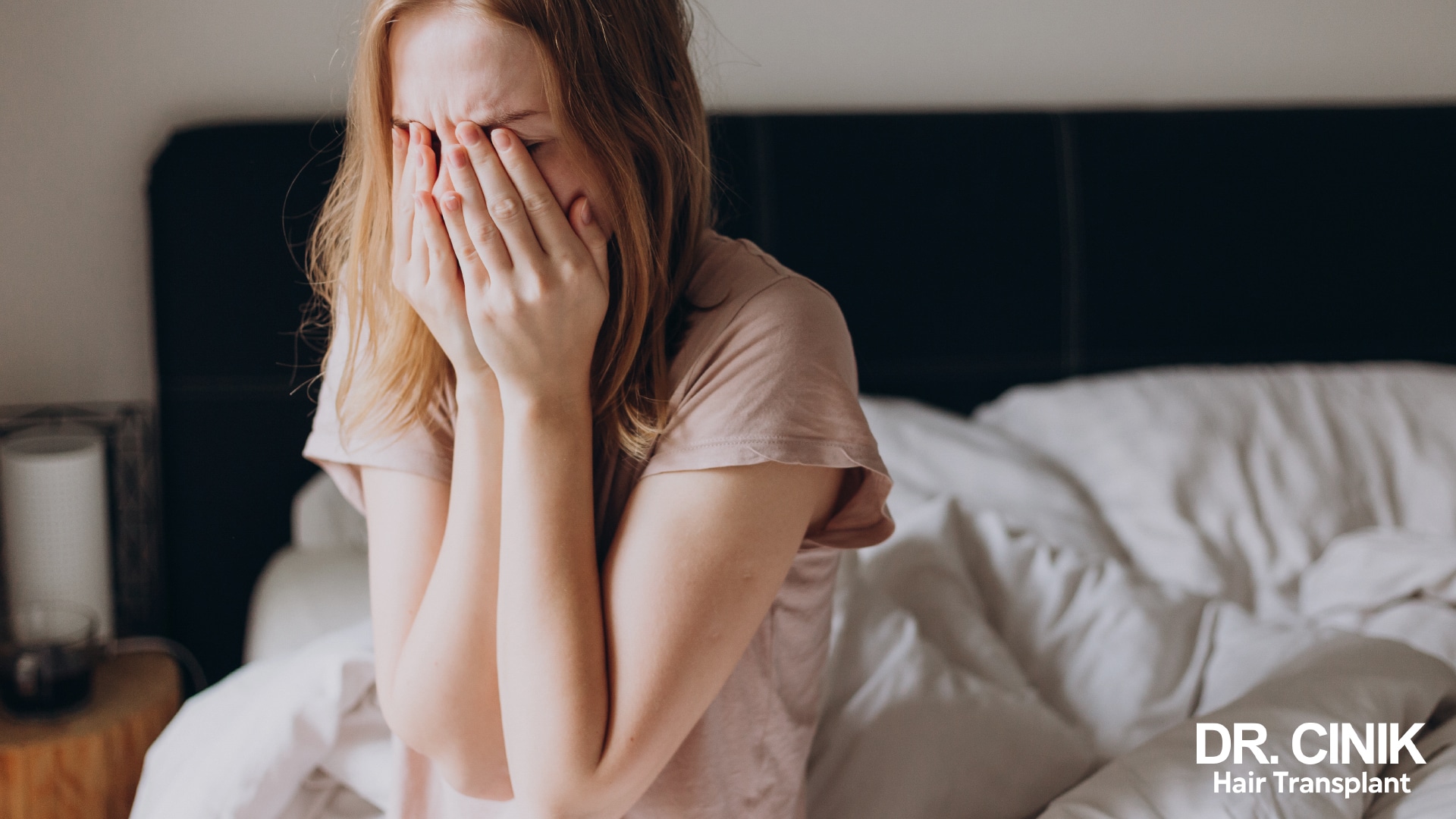
4. Nutritional deficiencies
Deficiencies in essential nutrients, such as iron, zinc, B vitamins and biotin, can weaken hair.
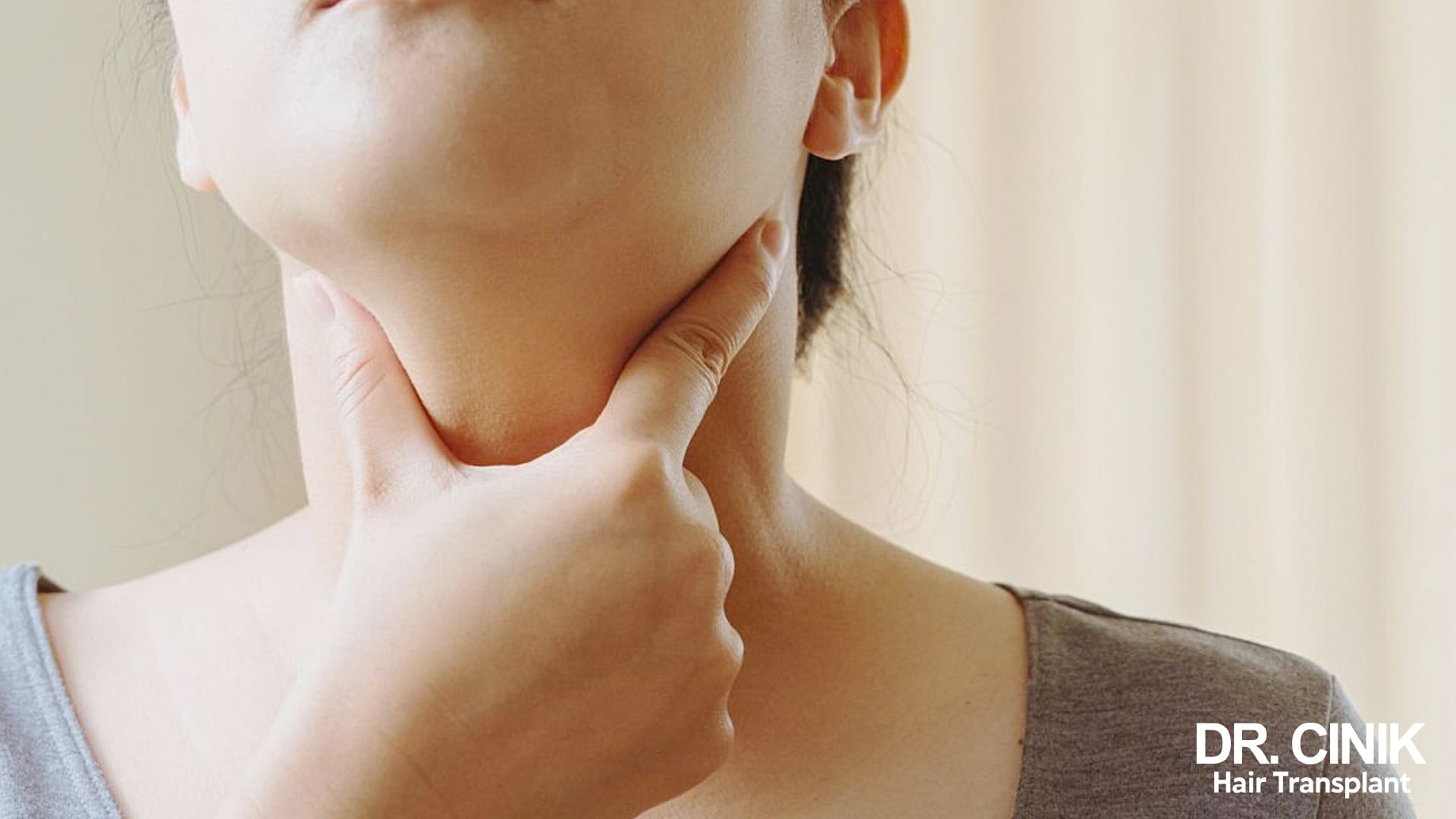
5. Thyroid problems
Finally, hypothyroidism and hyperthyroidism can also affect the hair cycle.
What are the symptoms of telogen effluvium?
It is essential to recognise the signs of effluvium to act quickly.
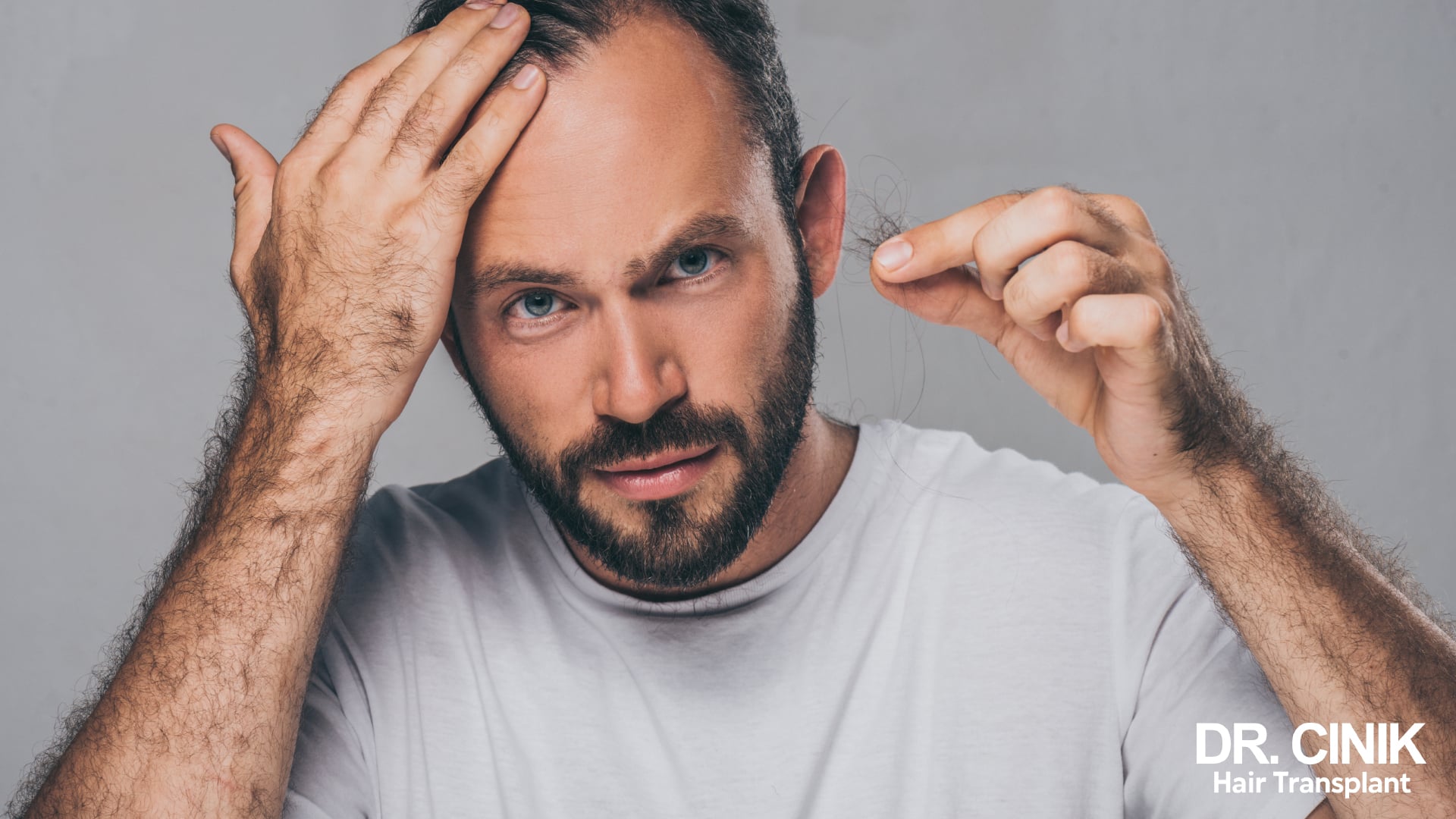
Sudden diffuse hair loss
Telogen effluvium is characterised by sudden, widespread hair loss. You might observe that your hair sheds in larger quantities than usual during brushing or washing. It’s essential to differentiate between this condition, which is pathological, and normal hair loss, which is a part of the regular hair growth cycle.
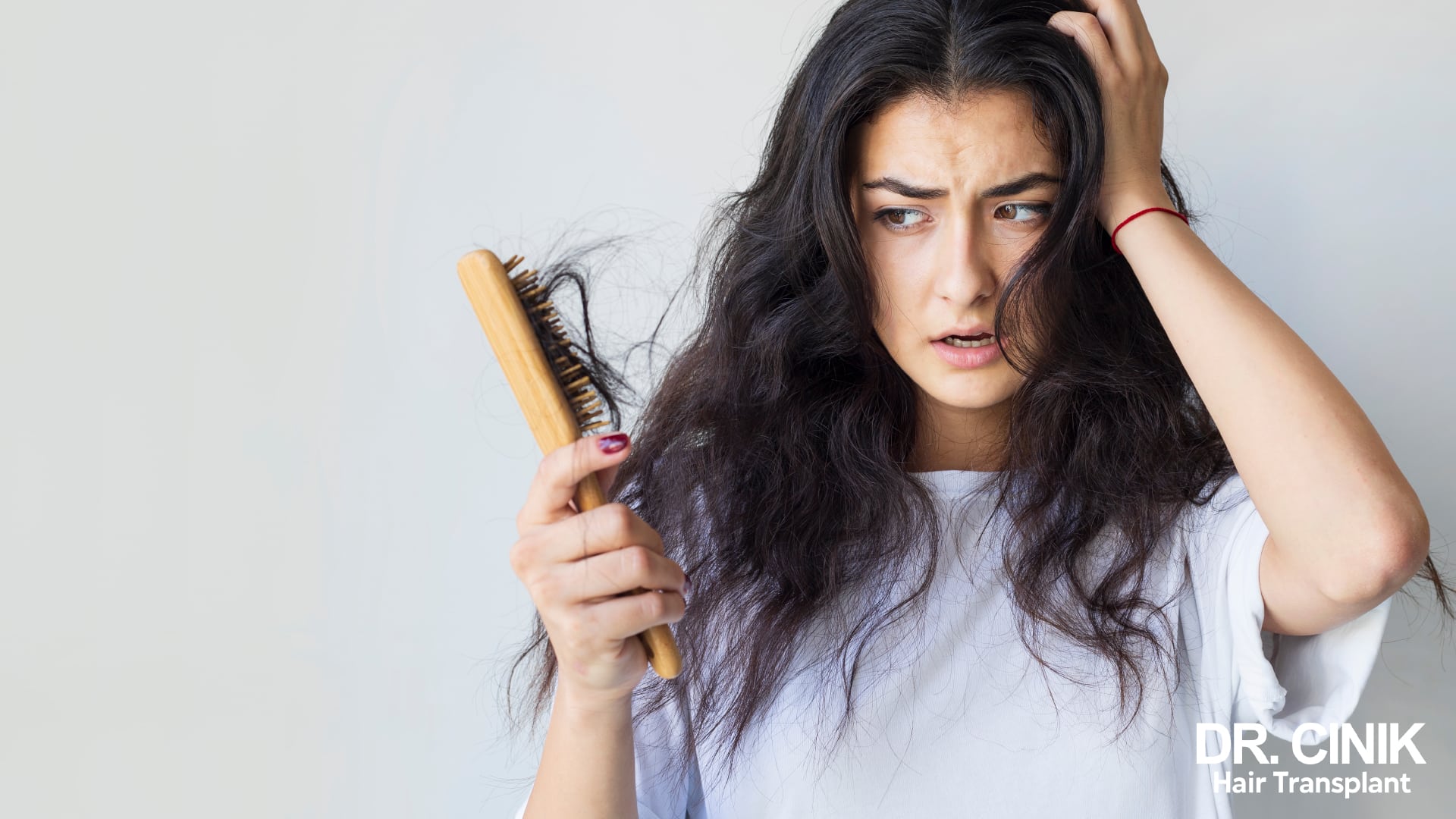
Hair that falls out easily when brushing or washing
This abnormality becomes particularly apparent when brushing or washing your hair, as it tends to shed more easily and in noticeably larger quantities than normal.
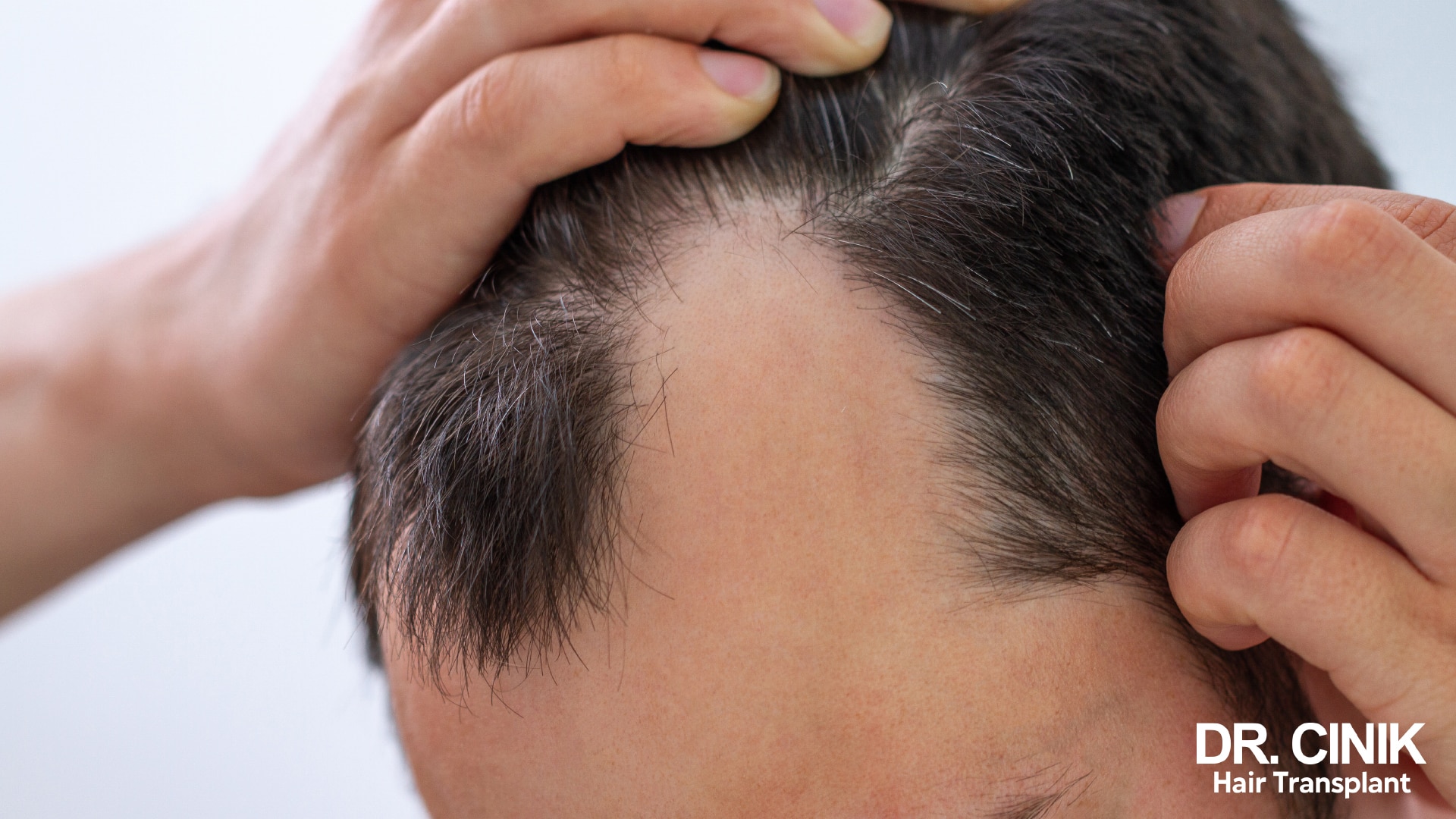
Visible hair thinning
Another characteristic of telogen effluvium is the visible thinning of the hair. As a result, your hair might appear less dense, giving it a noticeably thinner look.
What is chronic telogen effluvium?
In some instances, telogen effluvium can become chronic, implying that hair loss continues for an extended period. In such cases, it’s crucial to consult with a healthcare professional for an accurate diagnosis and appropriate treatment plan.
What is the difference between anagenic effluvium and effluvium?
It is essential to distinguish between telogen effluvium and anagen effluvium. While the former is related to a disruption of the hair’s resting phase, the latter is caused by traumatic factors such as aggressive chemical treatments or physical trauma interrupting the hair’s active growth phase, ultimately leading to traction alopecia.
Tips for preventing effluvium
While it may not always be possible to entirely prevent telogen effluvium, some strategies can help mitigate the risk:
Managing physical and emotional stress
As physical and emotional stress can disrupt the hair cycle, it is essential to find ways to manage it through meditation, regular exercise, and improved sleep. Your doctor can direct you to a professional suited to your situation.

Balancing your hormones
If you suffer from hormonal fluctuations, consult a health professional for appropriate treatment and to balance your hormones.
Avoiding medications that can cause hair loss
Discuss this with your doctor if you are taking medication that can cause hair loss as a side effect. Finding alternatives or adjusting your treatment to minimise these effects may be possible.
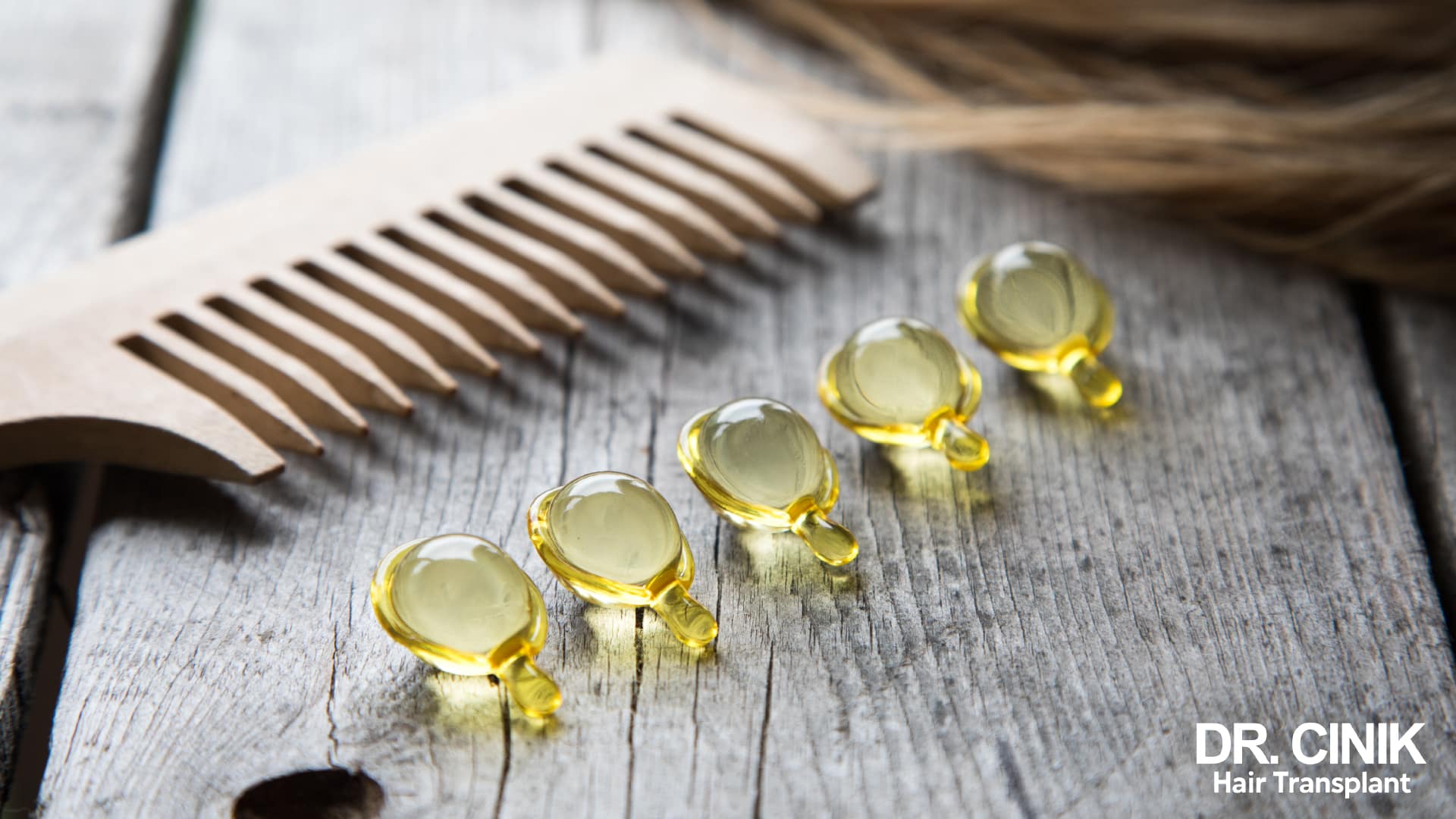
Maintain a healthy and balanced diet
Maintaining a well-balanced diet rich in essential nutrients is crucial for healthy hair. Ensure you consume ample proteins, vitamins, minerals, and antioxidants. Foods like fruits, vegetables, whole grains, legumes, lean meats, fish, and nuts contribute to keeping your hair healthy.
Avoid heating appliances
Adopt a gentle hair care routine: Utilize products suited for your specific hair type and refrain from using heat-intensive appliances like straightening irons and high-temperature hair dryers. Shield your hair from sun damage by wearing a hat or using hair care products with sun protection properties.
Possible treatments for telogen effluvium
Various treatments can help stimulate hair growth.
Treatment of the underlying cause
If effluvium is caused by an underlying health problem, such as hormonal disorders or nutritional deficiencies, treatment of the primary cause should be prioritised before considering treatment specifically for the consequences.
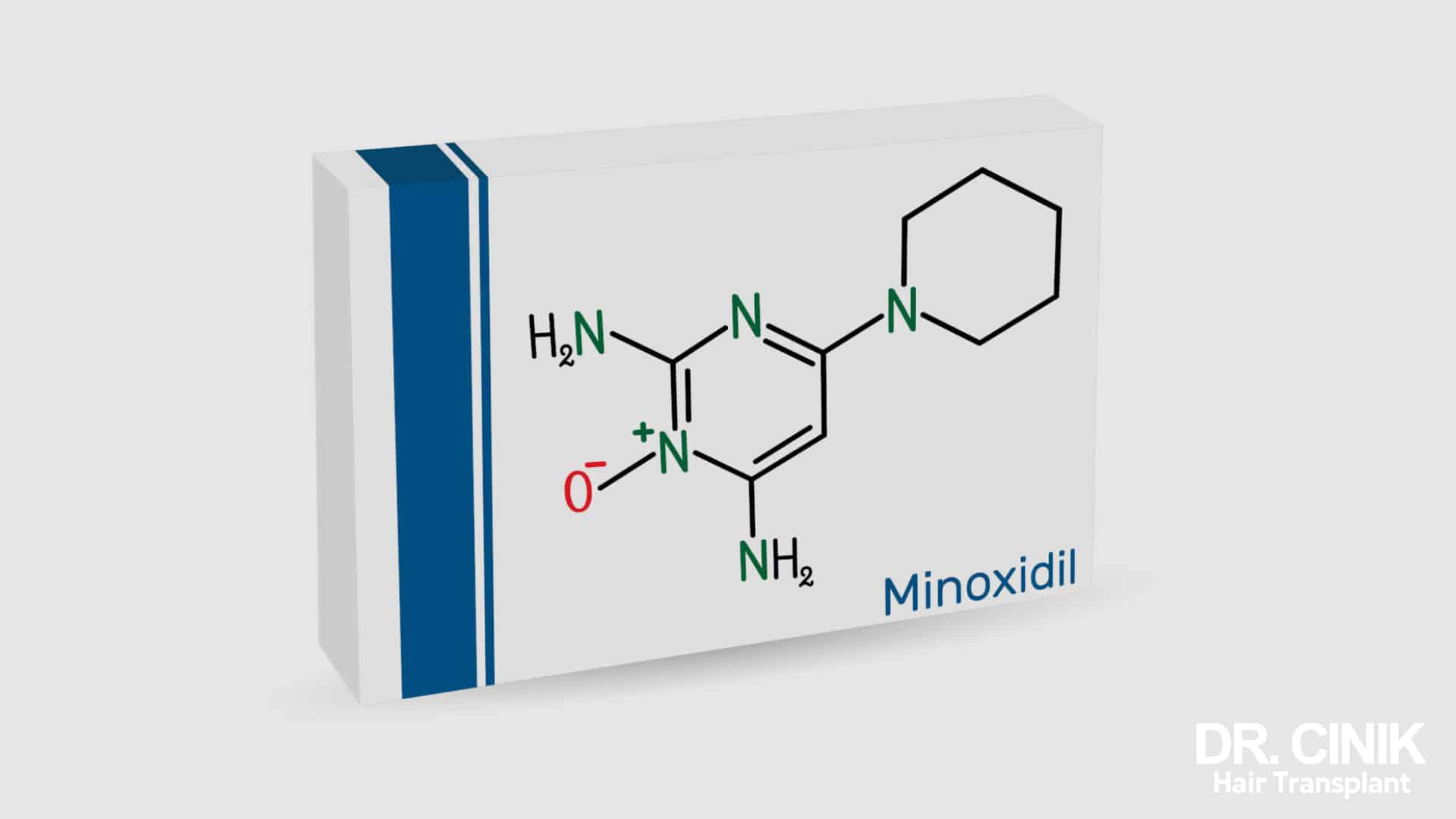
Specific products for hair regrowth
Shampoos, lotions or serums containing beneficial vitamins, minerals and herbal extracts can stimulate hair growth, consult your doctor to ensure that these treatments are effective.
Food supplements to promote growth
Dietary supplements such as biotin, amino acids, vitamins and minerals may be recommended to support hair health. Consult a healthcare professional for advice on appropriate supplements for your specific needs.
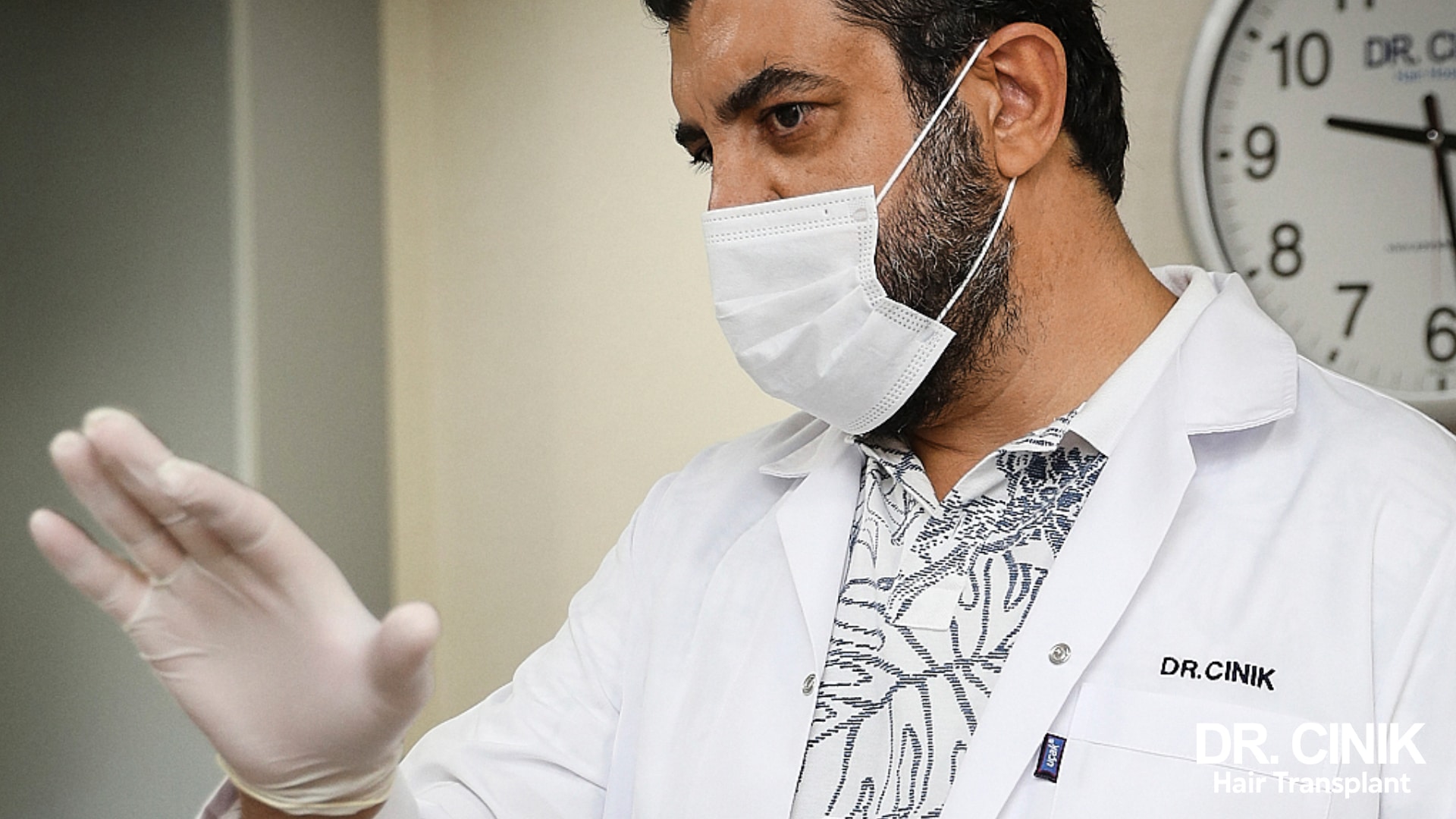
Medical treatments to stimulate hair growth
In severe cases of effluvium, medical treatments may be considered to stimulate hair growth. Before considering these treatments, it is important to have treated the underlying cause of the condition, as the treatments outlined only promote regrowth.
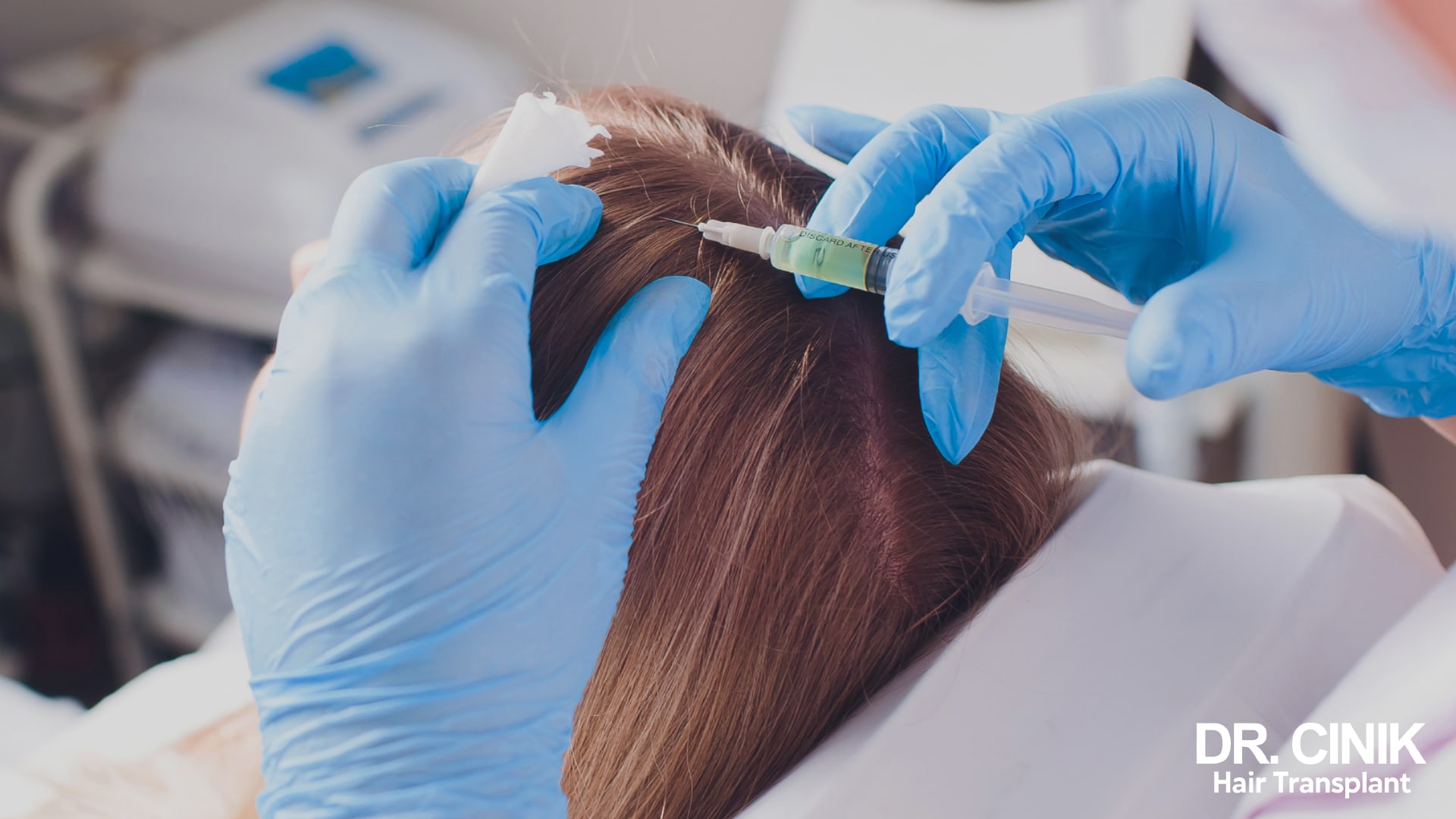
PRP treatment
PRP (platelet rich plasma) hair treatment involves injecting your own enriched blood plasma into your scalp to stimulate hair growth. PRP is known for its regenerative properties and can help improve hair density.
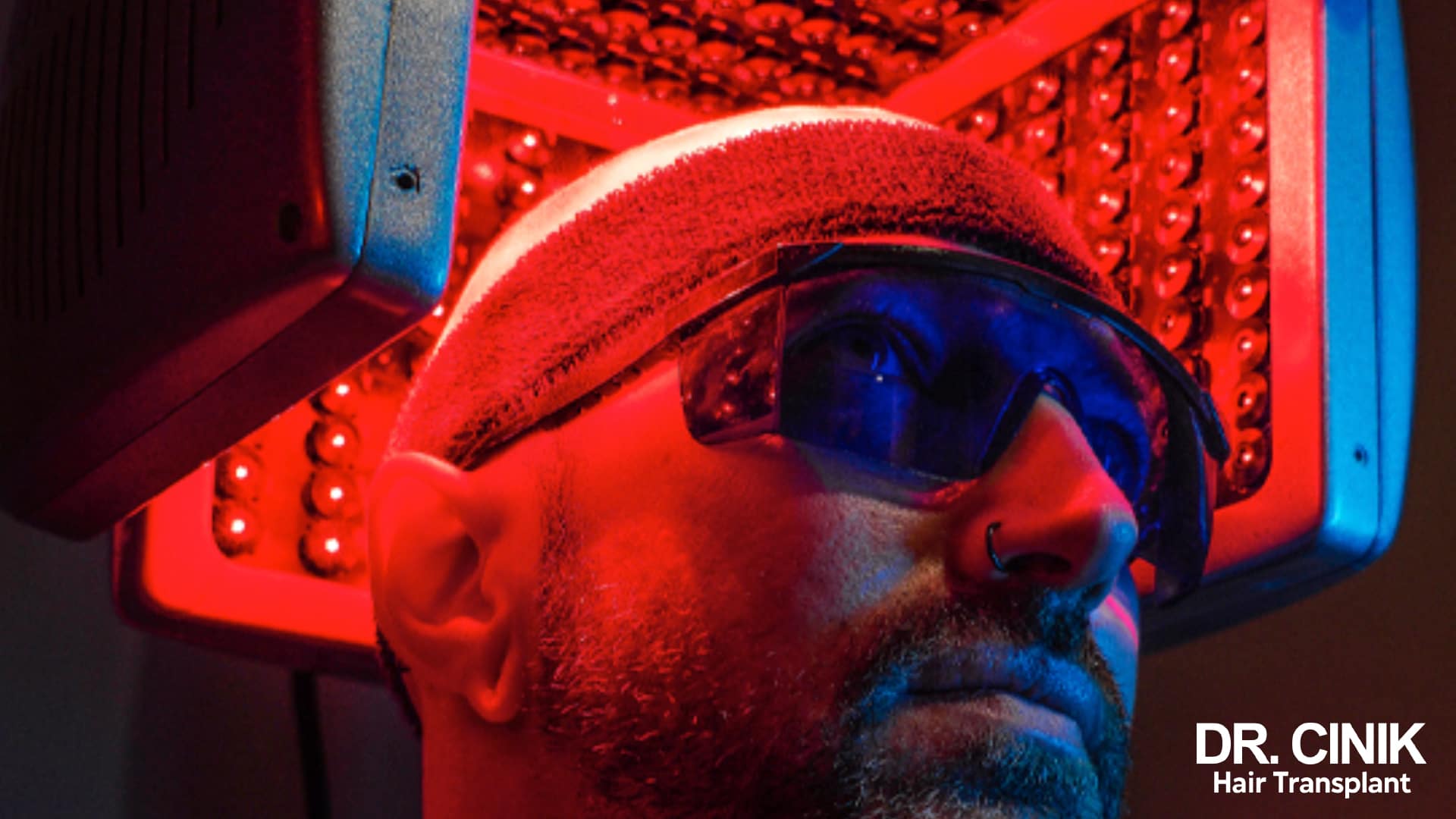
Laser hair treatment
Laser hair therapy, or low-level light therapy, uses light beams to stimulate hair follicles and promote hair growth. It is a non-invasive and painless option that can be used to treat effluvium.
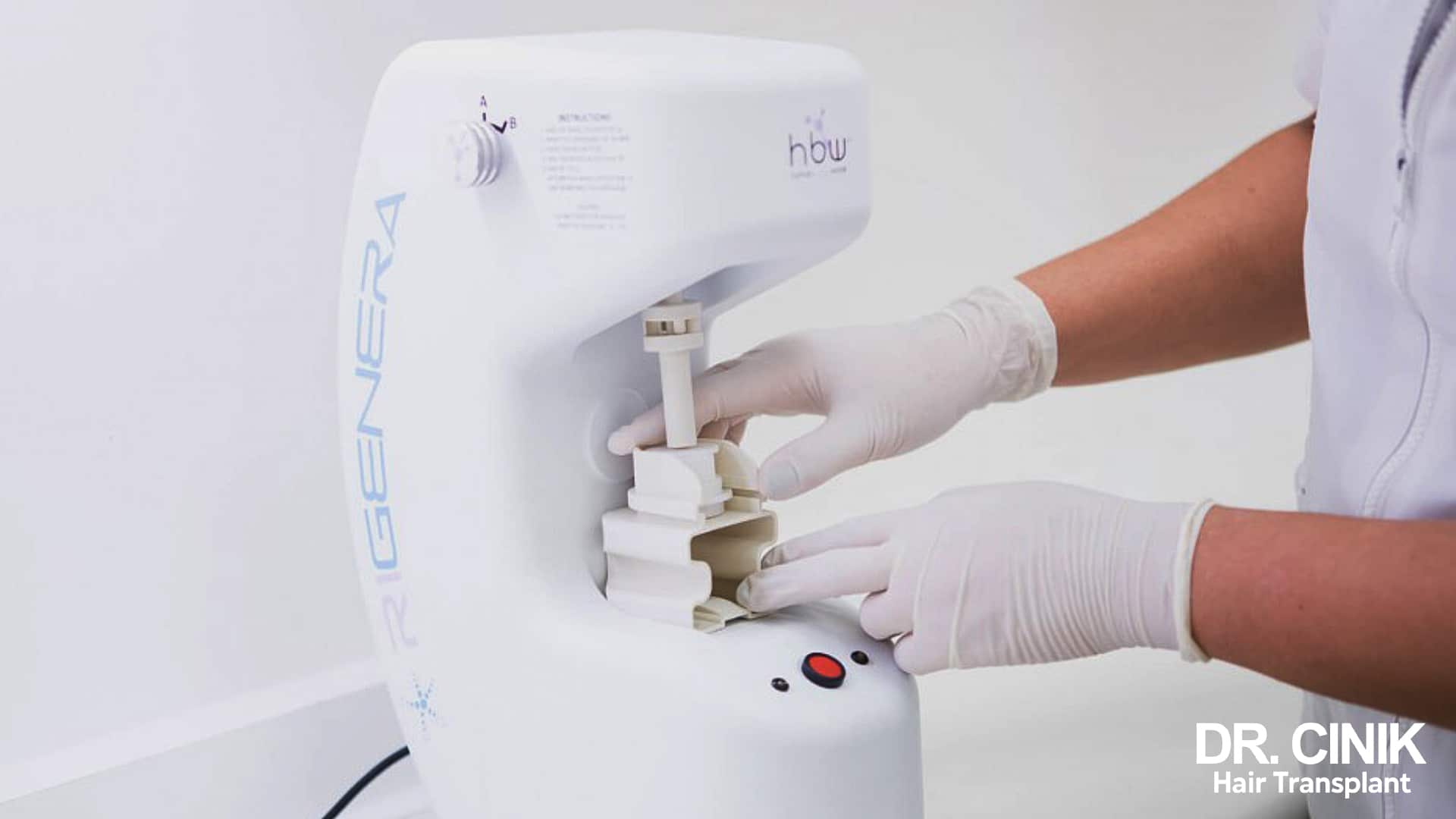
Regenera Activa hair mesotherapy
Regenera Activa hair mesotherapy is an innovative treatment involving micrograft injection into the scalp. These micrografts contain growth factors and stem cells that help stimulate hair growth.
Hair transplantation: Not a viable treatment for telogen effluvium
Hair transplantation is not a feasible treatment for telogen effluvium. This procedure involves re-implanting hair follicles in areas where these follicles have been permanently depleted (as in the case of androgenetic alopecia) or destroyed (as in the case of scarring alopecia). With telogen effluvium, the patient still has normal hair follicles, but their hair growth cycle is disrupted. Therefore, a hair transplant would have no effect as the implanted follicles would also be disturbed by the same disruption.
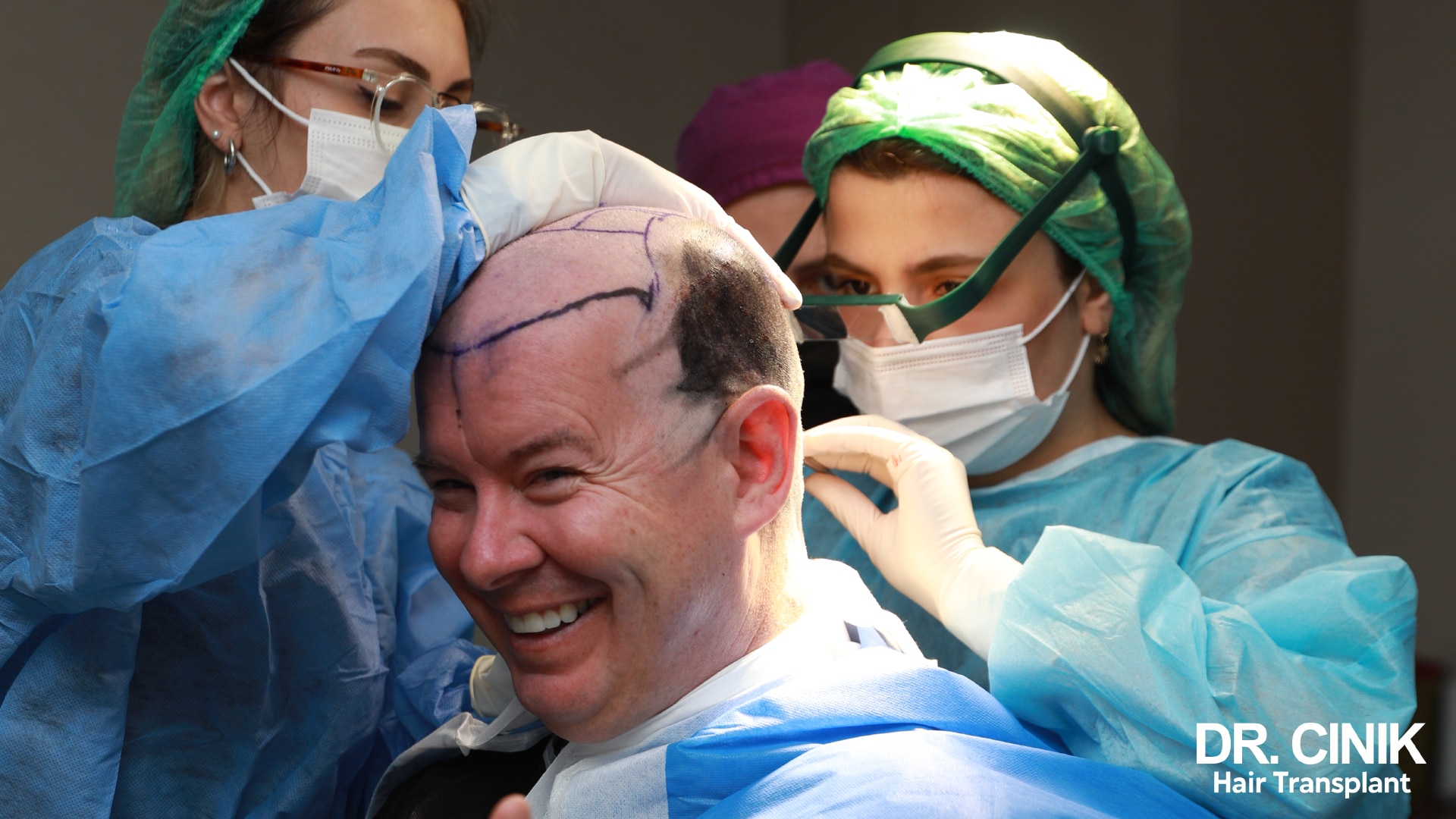
In conclusion, telogen effluvium is a disorder of the hair growth cycle that can lead to temporary hair loss. It can be triggered by various factors such as stress, hormonal shifts, medication use, nutritional deficiencies, or thyroid issues. Common symptoms of telogen effluvium include diffuse hair loss, hair that sheds easily, and visible hair thinning. To prevent this condition, managing stress, balancing hormones, avoiding certain medications, maintaining a balanced diet, and properly caring for your hair is recommended. In cases where telogen effluvium persists, various treatments are available. These include addressing the underlying cause, using specific hair care products, taking nutritional supplements, and undergoing medical treatments like Platelet-Rich Plasma (PRP) therapy, laser therapy, and Regenera Activa hair mesotherapy. If you’re experiencing persistent telogen effluvium, don’t hesitate to consult a healthcare professional for an accurate diagnosis and a treatment plan tailored to your individual needs.
 en
en



